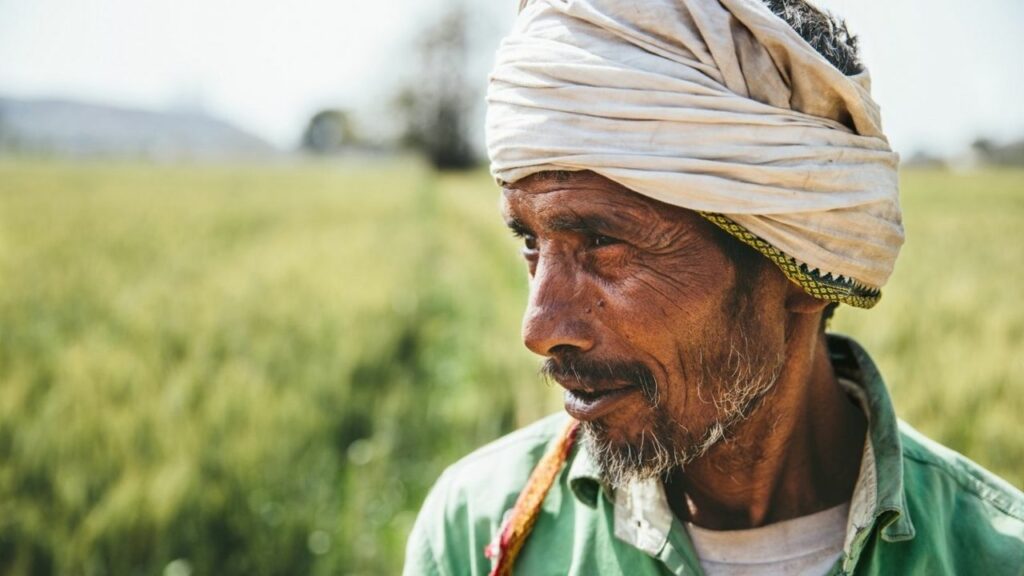
To the uninitiated, Biofuels are fuels that have been extracted from crops and plants. The advantage of Plant-based fuels is that they come from renewable energy sources. They can be grown in mostly any place and have a record of lower carbon emissions when compared to fossil fuels like petroleum, coal and natural gas.
How 90% Biofuel Manufacturing Plants In Rural Areas Providing a Large Number of Jobs?

Most of the Biofuel is manufactured from agricultural residue. Hence, majority of the manufacturing plants for Biofuel are located close to the agricultural lands in India, which are the source fields for Biofuel. In this case, these agricultural lands are dominantly based in the rural areas in India. The main reason for having the facilitations in the rural areas is to save a lot of unnecessary cost that is spent on logistics and transportation from the source of manufacturing to the place of market.
Instead of bearing this unnecessary cost, companies can invest the money in employing the rural population for several job opportunities that involve labour work, facilitation, loading and transport work. There can be employment opportunities for people who can be involved in the activities of raw material and residue collection.
How All the Waste Can Generate Revenue for the Farmers & Provide Additional Employment?

When we refer to raw material for Biofuel, we are referring to agricultural residue. Which has very little to almost nil commercial value. Any crop that generates fibrous material can be treated as a raw material for solid Biofuel. For e.g. Soybean residue is a typical example of agricultural residue that can be used as Biofuel. The Soybean residue after harvesting has no significant value and its disposal process is also a little costly for the farmer. Hence, they leave it unattended.
This creates a great employment opportunity again to boost the rural economy. As mentioned earlier, there are certain established business models where a team of collection labors is employed for residue collection and transport. Along with this, as a part of the business model, Farmers get an opportunity to sell the residue to the plant owners. This helps farmers earn extra income along with regular alternative employment. This same methodology can be followed even for cotton stalk and other crops. Thus, the waste gets purchased from farmers producing good income for them. This also encourages them to do more plantation in the Biofuel segment in turn create more income opportunities for themselves.
How Farmers Can Get Paid Per Acre?

In quantifying terms, on an average, one acre of land generates nearly one ton of Soy & close to six hundred kilos of cotton. And farmers can get paid anywhere between Rs.500/- to Rs.1000/- per acre.
What’s The Potential For This Form Of Rural Employment?
It’s surprising to know that there is almost 200 million tonnes of agricultural residue which is wasted every year. And since India belongs to an agrarian economy, this massive agricultural residue will continue to be wasted every year in future. Hence, the employment and income opportunities provided by the Biofuel segment are huge every year and can solve a lot of unemployment problems and generate substantial income for our farmers.
How Farmers Can Get Paid Per Acre?
In quantifying terms, on an average, one acre of land generates nearly one ton of Soy & close to six hundred kilos of cotton. And farmers can get paid anywhere between Rs.500/- to Rs.1000/- per acre.
How Farmers Can Have Alternative Income Through Energy Crop Plantation?

Energy crop plantation involves cultivating crops which are specially going to be utilized for fuel consumption. This is a trend following by many developing and developed countries and has become a booming sector. Some examples of such crops are king grass or napier grass and even bamboo plantation.
Energy crop plantation provides another great advantage to convert adversity into opportunity. Farmers many a times face challenges with less fertile lands. Energy crop plantation can also be done successfully on less fertile lands.
In a nutshell, local crops as per local regions like Coffee in South India or Rice in West Bengal and many other crops can also be utilized as agricultural residue for Biofuel. This makes the concept of utilizing the Biofuel segment to boost rural economy, a PAN India concept.
